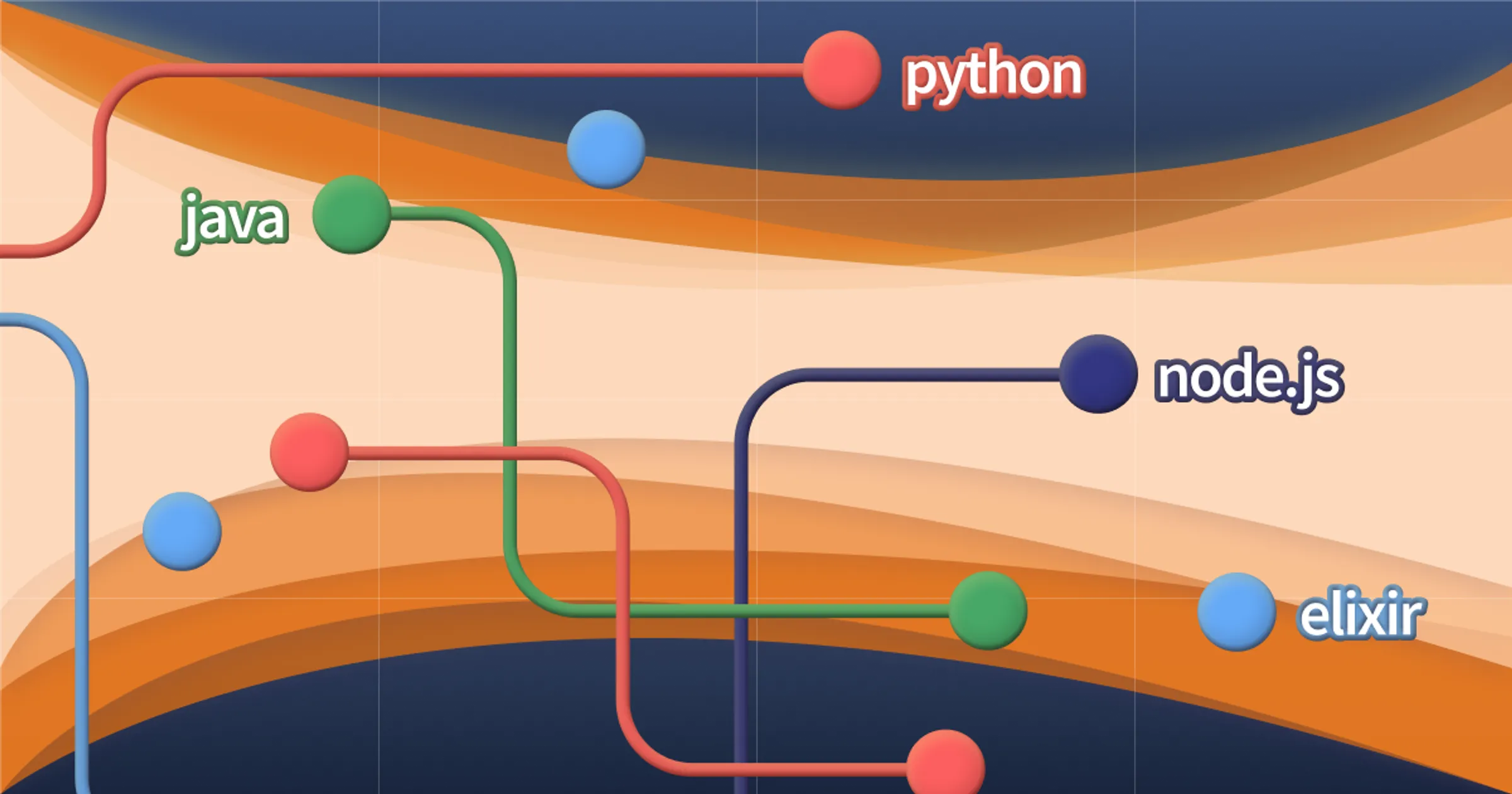Introduction
Most developers don’t need a massive toolkit—just reliable, easy tools that help you code, debug, and collaborate without friction. Here’s a practical, no‑nonsense list of go‑to tools that work well for the average developer across common stacks.
Editor and IDE
- VS Code: Great defaults, huge extension ecosystem, cross‑platform.
- Recommended extensions: ESLint, Prettier, GitLens, Error Lens, Path Intellisense.
- JetBrains (WebStorm/IntelliJ/PyCharm): Powerful indexing, refactors, and integrated tools.
Terminal and Shell
- Windows Terminal / iTerm2 / Alacritty: Fast, modern terminals.
- Oh My Posh / Oh My Zsh: Helpful prompts, git status, and shortcuts.
- fzf + ripgrep: Blazing‑fast fuzzy search and code search.
Git and Repos
- GitHub Desktop / Fork / SourceTree: Easy visual git for daily workflows.
- GitHub / GitLab: Pull requests, code review, simple CI to start.
- Conventional Commits: Clear history and better changelogs.
Packages and Dependency Management
- npm / pnpm / yarn: Standard JS package managers; pnpm is fast and space‑efficient.
- nvm / asdf / pyenv: Pin node/python versions and avoid “works on my machine.”
- Dependabot / Renovate: Automatic dependency update PRs.
Formatting, Linting, and Type Safety
- Prettier + ESLint: Consistent formatting and early error detection.
- TypeScript (where useful): Safer refactors and API contracts.
- Husky + lint-staged: Run checks on staged files before commit.
Debugging and Browser Tools
- Chrome/Edge DevTools: Network, Performance, and Lighthouse tabs are must‑know.
- VS Code Debugger: Breakpoints and variable inspection without console spam.
- Postman / Insomnia: Test APIs fast with saved collections and environments.
Testing Basics
- Vitest / Jest: Fast unit tests and watch mode.
- Playwright / Cypress: Reliable browser E2E tests.
- Testing Library: Write tests from the user’s perspective.
Containers and Local Services
- Docker Desktop + Docker Compose: Reproducible local stacks.
- DB GUIs (TablePlus / Beekeeper / pgAdmin): Safe queries and quick inspection.
- mkcert / DevTunnels: Local HTTPS and easy sharing for demos.
Docs and Notes
- Notion / Obsidian: Daily notes, snippets, and project docs.
- Markdown in repo: Keep READMEs and ADRs close to code.
- Loom: Short videos for async walkthroughs.
Task Management
- Linear / Jira / GitHub Projects: Simple boards and clear statuses.
- Calendar + Focus blocks: Put deep‑work time on the calendar.
- Lightweight Pomodoro: 25–50 minute sprints with scheduled breaks.
Nice‑to‑Have AI Helpers
- GitHub Copilot / Codeium: Boilerplate, test scaffolding, and refactor hints.
- ChatGPT / Claude: Quick explanations, regex help, and draft docs.
Quick Starter Setup
- Install VS Code (or JetBrains) and your terminal of choice.
- Add Prettier, ESLint, GitLens, and set format‑on‑save.
- Set up nvm/asdf and pin your runtime versions.
- Enable Husky + lint‑staged for pre‑commit checks.
- Use Postman/Insomnia collections for your APIs.
- Containerize local services with Docker Compose.
Conclusion
Start simple and standardize. These tools cover 90% of daily developer needs without heavy maintenance. Add more only when a clear pain appears.



